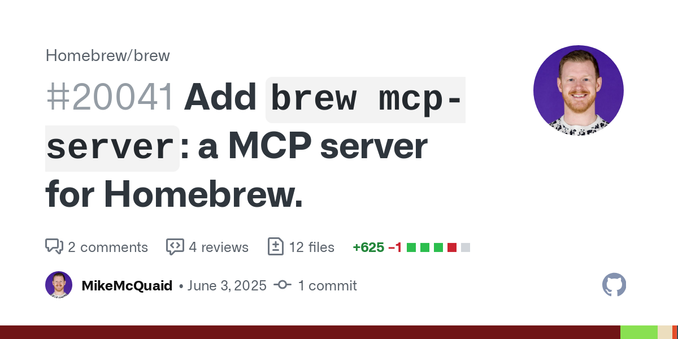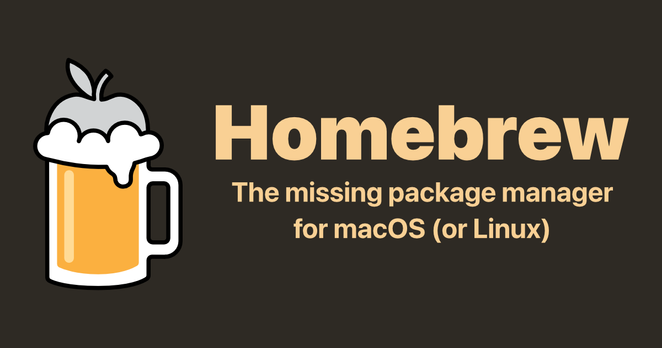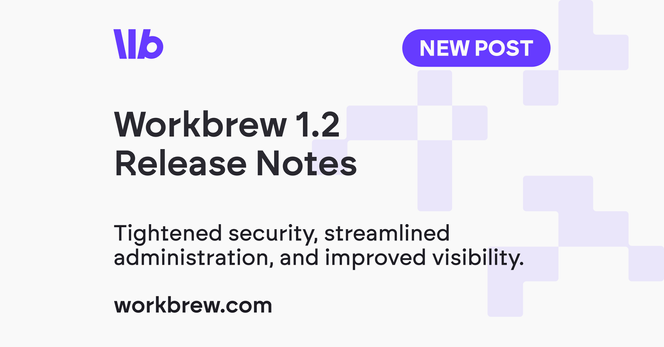As per usual, @mikemcquaid's latest post resonate with me a lot: it really feels like having being an #OSS maintainer for so long allowed me to skill up my ability to review code quickly - and that's a very good advantage in an LLM world
(rly rec reading it all, ton of insights)





